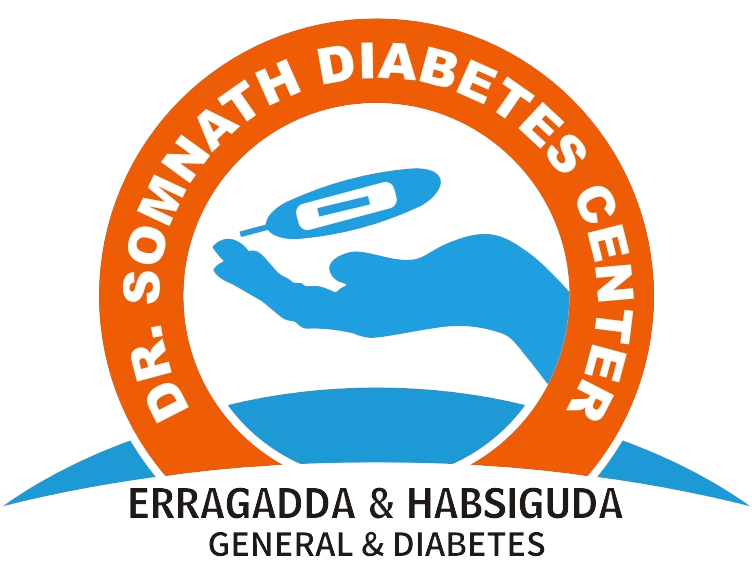Hyper / Hypo - Thyroidism Treatment
Hyper / Hypo - Thyroidism Treatment
Diagnosis
Hyperthyroidism is diagnosed with a medical history, physical exam and blood tests. Depending on the results of the blood tests, you may need other tests too.
- Medical history and physical exam. During the exam, your health care provider may check for:
- Slight tremor in your fingers and hands.
- Overactive reflexes.
- Rapid or irregular pulse.
- Eye changes.
- Warm, moist skin.
Your provider also examines your thyroid gland as you swallow to see if it's larger than usual, bumpy or tender.
- Blood tests.Blood tests that measure the hormones T-4 and T-3 and thyroid-stimulating hormone (TSH) can confirm a diagnosis of hyperthyroidism. A high level of T-4 and a low level of TSH is common in people with hyperthyroidism.
Blood tests are particularly important for older adults because they may not have classic symptoms of hyperthyroidism.
Thyroid blood tests may give false results if you take biotin. Biotin is a B vitamin supplement that also may be found in multivitamins. Tell your health care provider if you are taking biotin or a multivitamin with biotin. To make sure your blood test is accurate, your health care provider may ask you to stop taking biotin 3 to 5 days before the test. - Radioiodine scan and uptake test.For this test, you take a small, dose of radioactive iodine, called radioiodine, to see how much of it collects in your thyroid gland and where it collects in the gland.
If your thyroid gland takes in a high amount of radioiodine, that means your thyroid gland is making too much thyroid hormone. The most likely cause is either Graves' disease or overactive thyroid nodules.
If your thyroid gland takes in a low amount of radioiodine, that means hormones stored in the thyroid gland are leaking into the bloodstream. In that case, it's likely that you have thyroiditis. - Thyroid ultrasound.This test uses high-frequency sound waves to make images of the thyroid. Ultrasound may be better at finding thyroid nodules than are other tests. There's no exposure to radiation with this test, so it can be used for people who are pregnant or breastfeeding, or others who can't take radioiodine.
If blood test results show hyperthyroidism, your health care provider may suggest one of the following tests. They can help find out why your thyroid is overactive.
Treatment
There are several treatments available for hyperthyroidism. The best approach for you depends on your age and health. The underlying cause of hyperthyroidism and how severe it is make a difference too. Your personal preference also should be considered as you and your health care provider decide on a treatment plan. Treatment may include:
- Anti-thyroid medicine. These medications slowly ease symptoms of hyperthyroidism by preventing the thyroid gland from making too many hormones. Anti-thyroid medications include methimazole and propylthiouracil. Symptoms usually begin to improve within several weeks to months.
Treatment with anti-thyroid medicine typically lasts 12 to 18 months. After that, the dose may be slowly decreased or stopped if symptoms go away and if blood test results show that thyroid hormone levels have returned to the standard range. For some people, anti-thyroid medicine puts hyperthyroidism into long-term remission. But other people may find that hyperthyroidism comes back after this treatment.
Although rare, serious liver damage can happen with both anti-thyroid medications. But because propylthiouracil has caused many more cases of liver damage, it's generally used only when people can't take methimazole. A small number of people who are allergic to these medicines may develop skin rashes, hives, fever or joint pain. They also can raise the risk of infection. - Beta blockers. These medicines don't affect thyroid hormone levels. But they can lessen symptoms of hyperthyroidism, such as a tremor, rapid heart rate and heart palpitations. Sometimes, health care providers prescribe them to ease symptoms until thyroid hormones are closer to a standard level. These medicines generally aren't recommended for people who have asthma. Side effects may include fatigue and sexual problems.
- Radioiodine therapy. The thyroid gland takes up radioiodine. This treatment causes the gland to shrink. This medicine is taken by mouth. With this treatment, symptoms typically lessen within several months. This treatment usually causes thyroid activity to slow enough to make the thyroid gland underactive. That condition is hypothyroidism. Because of that, over time, you may need to take medicine to replace thyroid hormones.
- Thyroidectomy. This is surgery to remove part of or all of the thyroid gland. It is not used often to treat hyperthyroidism. But it may be an option for people who are pregnant. It also may be a choice for those who can't take anti-thyroid medicine and don't want to or can't take radioiodine therapy.
Risks of this surgery include damage to the vocal cords and parathyroid glands. The parathyroid glands are four tiny glands on the back of the thyroid. They help control the level of calcium in the blood.
People who have a thyroidectomy or radioiodine therapy need lifelong treatment with the medicine levothyroxine (Levoxyl, Synthroid, others). It supplies the body with thyroid hormones. If the parathyroid glands are removed during surgery, medicine also is needed to keep blood calcium in a healthy range.
